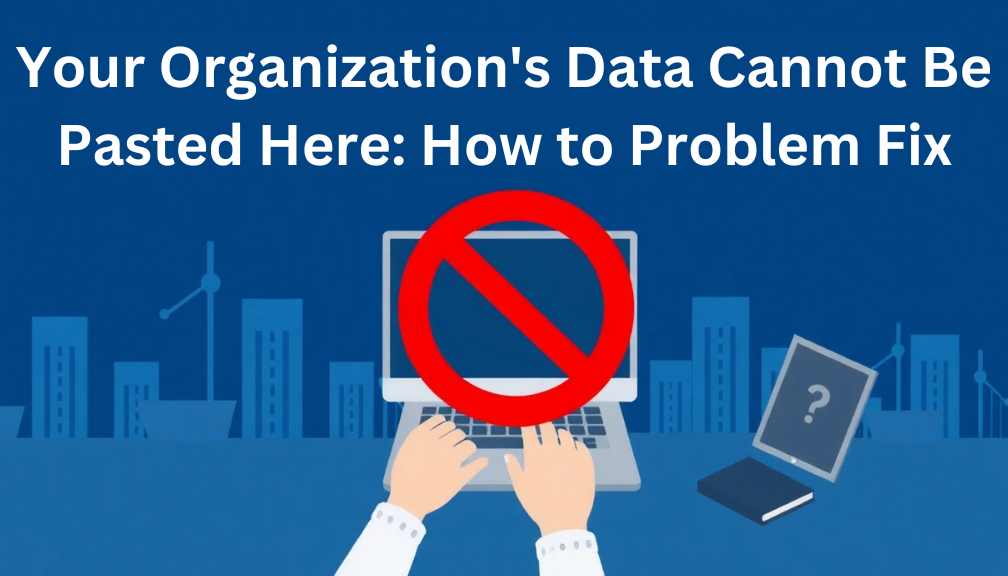Cymbalta Ruined My Life: Cymbalta (duloxetine) is one of the most often used medicine for mental health for conditions such as anxiety, depression as well as fibromyalgia and nerve pain.
Cymbalta has provided relief to many people. Some report adverse impacts that severely alter their life quality which has led many to claim about “Cymbalta ruined my life.”
If you or your loved one has experienced difficulties or issues with Cymbalta or you’re considering this as a possible treatment This guide provides vital information on its effect on physical and mental health and what you can do in the event that Cymbalta is affecting the way you live.
At Peachtree Wellness Solutions Our mental health programs close to Atlanta are able to assist you in recovering from Cymbalta and help you stabilize with a brand-new treatment.
What is Cymbalta?
Cymbalta is the brand name for the drug duloxetine, a serotonin-norepinephrine reuptake inhibitor (SNRI), used to treat the following conditions:
- Major Depressive Disorder
- Generalized Anxiety Disorder
- Diabetic Neuropathy
- Fibromyalgia
- Chronic Musculoskeletal Pain
Through raising levels of norepinephrine and serotonin within the brain, Cymbalta is designed to boost the mood as well as ease pain, creating a dual-use medication commonly used by patients suffering physical and mental health illnesses.
How Is Cymbalta Used?
Cymbalta can be taken orally usually once or twice per daily, as directed by a doctor.
Based on the severity of the issue the healthcare professional might adjust dosage levels in order in order to determine a dose that reduces adverse consequences. Although many patients report positive outcomes on their ailments, others might not be satisfied with the treatment or have significant adverse side effects which make it hard to maintain.
Why Do People Say “Cymbalta Ruined My Life?”
The expression “Cymbalta ruined my life” is commonly used by those who’ve experienced serious withdrawal effects, side effects or insufficient relief from the medicine.
The most frequent negative side effects are the feeling of numbness in your emotions, extreme withdrawal symptoms, as well as ongoing health problems that persist long following the discontinuation of the medication.
Read: EMERGENCY EMERVUY SURGERY: A DETAILED EXPLORATION
If your life has had a negative impact, the Cymbalta could be the double edged sword of a drug that is intended to ease suffering, but it can, in the end, create numerous and new problems.
How Does Cymbalta Work in the Brain and Body?
Cymbalta impacts the brain’s neurotransmitters through preventing serotonin’s reuptake and norepinephrine. Both chemicals are associated with the regulation of mood and pain response.
This process allows the body to boost levels of these neurotransmitters. This is ideal for improving the mood as well as reducing discomfort. Although this is helpful for some people, other are affected by disruptions in the balance of brain chemical which can lead to adverse consequences or dependency.
The Side Effects of Cymbalta
Effects of Cymbalta’s side effects can vary from mild to serious and could be a result of:
- Nausea
- Dry mouth
- Drowsiness and fatigue
- Appetit loss
- More sweating
- Insomnia
- Headache
- Sexual dysfunction
Rarely, Cymbalta can lead to dangerous side effects, such as damaged liver or seizures, blood pressure elevation and serotonin syndrome which can be life-threatening caused by excessive serotonin levels within the brain.
Precautions of Taking Cymbalta
Before beginning Cymbalta people must provide all medical information with the doctor they consult, particularly in the case of kidney disease, liver diseases, bleeding disorders or have high blood pressure.
Cymbalta can interact adversely with some drugs, like MAO inhibitors NSAIDs and blood thinners and antidepressants.
Is Cymbalta Addictive?
Even though Cymbalta is not considered dependent in the same way as opioids or benzodiazepines do however, it is still able to cause dependence. People can become dependent of the drug in both a mental and physical sense that can make a withdrawal challenging and create uncomfortable symptoms in the attempt to quit. Although this dependency isn’t like addiction, may trap users within a loop in which stopping the drug is difficult due to the intense withdrawal symptoms.
Cymbalta Withdrawal Symptoms
If a person has used Cymbalta for an extended time the withdrawal symptoms may be experienced when reducing or stopping the dosage. Below are a few of the most frequent symptoms:
Brain Zaps
The sensations are often described as electrical”zaps” and “zaps” in the brain These jolts may be unpleasant and unsettling, impacting focus and cognitive function.
Dizziness
Some suffer from vertigo or dizziness that make everyday tasks difficult. It can cause nausea or a feeling of instabilities.
Flu-Like Symptoms
Similar symptoms to those of a virus illness, such as muscle pains or chills as well as fever can be experienced and leave patients feeling physically exhausted.
Emotional Instability
The mood swings, the irritability as well as depression, anxiety and mood swings are typical during withdrawal. This can cause extreme emotional lows and highs that are hard to manage.
Insomnia
Insomnia, sleep disturbances as well as vivid dreams frequently occur. Sleep deprivation can increase withdrawal symptoms in other people and lead to anxiety.
Fatigue and Lethargy
An absence of energy or fatigue are not uncommon and make daily life an issue for a lot of people.
Digestive Issues
For instance, symptoms like nausea or vomiting, diarrhea and changes in appetite can be difficult to treat.
How To Recover If Cymbalta Ruined Your Life
If you think Cymbalta is ruining your life, you need to understand that support and recovery options are readily available.
- Gradual tapering: Talk to a health expert about gradually reducing the dosage rather than discontinuing abruptly. This will lessen withdrawal symptoms.
- Get Medical Advice working with a psychiatrist will provide advice regarding alternative treatments or holistic strategies that will meet your requirements.
- Individual Therapy and Support Groups: Individual therapy or counseling, CBT (CBT) as well as joining support groups could aid you in processing the emotional impact of the experience.
- Holistic Therapy Holistic therapy integrates practices of relaxation like yoga, meditation, as well as regular workouts to help manage ailments naturally.
- Alternative Medication Some individuals sufferers find relief when changing to medicines that have less adverse effects, under the supervision of a doctor.
Find Help for Mental Health Disorders Today
While Cymbalta is beneficial to several people, for a few individuals, the expression “Cymbalta ruined my life,” was derived from numerous reports of the negative side effects from this drug.
In the event that you, or someone in your family suffers from Cymbalta Be aware that you have options as well as support services that can help them recover. We at Peachtree Wellness Solutions we offer residence-based mental health care choices can help the person you love to recover from the harmful side effects of Cymbalta.


